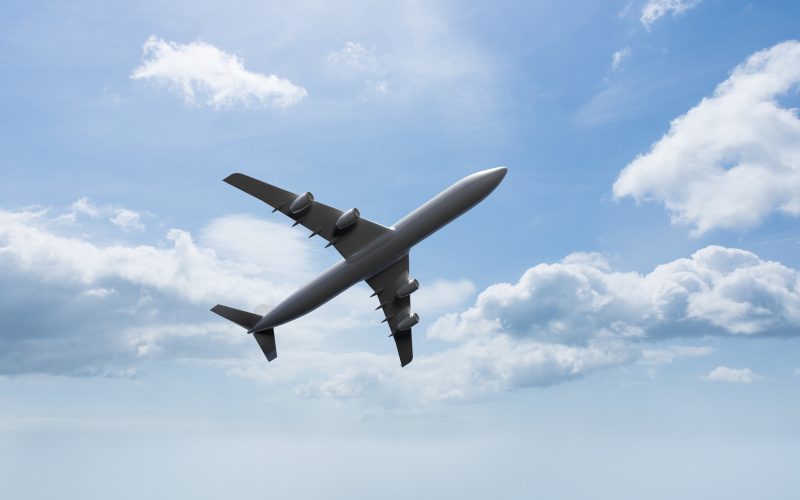The International Air Transport Association (IATA), in partnership with Worley Consulting, has published a study showing that enough sustainable aviation fuel (SAF) feedstock exists to enable airlines to reach net zero CO₂ emissions by 2050. The analysis stresses, however, that significant policy support and investment will be required to scale production.
The study concludes that all identified feedstocks meet strict sustainability standards, avoiding land-use change, and could collectively deliver the 500 million tonnes (Mt) of SAF required each year by mid-century under IATA’s Net Zero Roadmaps.
More than 300 Mt could be produced annually from biomass sources, while the remainder would need to come from power-to-liquid (PtL) synthetic fuels, which rely on renewable electricity, hydrogen, and carbon capture. Maximising bio-SAF output would reduce the burden on e-SAF, but this will require technology acceleration, infrastructure investment, and more efficient feedstock supply chains.
IATA Director General Willie Walsh said: “We now have unequivocal evidence that if SAF production is prioritised then feedstock availability is not a barrier in the industry’s path to decarbonisation. There is enough potential feedstock from sustainable sources to reach net zero carbon emissions in 2050. However, this will only be accomplished with a major acceleration of the SAF industry’s growth. We need shovels in the ground now.”
The report highlights several barriers, including the slow pace of technology deployment beyond the currently dominant HEFA pathway, competition for feedstocks with other industries, and a lack of supportive government policy frameworks. It calls for coordinated international action to stimulate investment, align energy sector strategies with decarbonisation, and strengthen logistics for biomass collection and processing.
Marie Owens Thomsen, IATA’s Senior Vice President Sustainability and Chief Economist, added: “The report highlights the local and regional opportunities for SAF production to create jobs, stimulate economies and support energy security goals. Governments, energy producers, investors, and the aviation sector must work together, de-risk investment, and accelerate rollout. Policy certainty and cross-sector collaboration are essential to unlock the scale we need. The time to act is now—delays will only make the challenge harder.”
With just 25 years left to transform potential into reality, IATA warned that the aviation sector’s decarbonisation hinges on unlocking SAF at scale, calling the findings “an urgent call to action.”





















